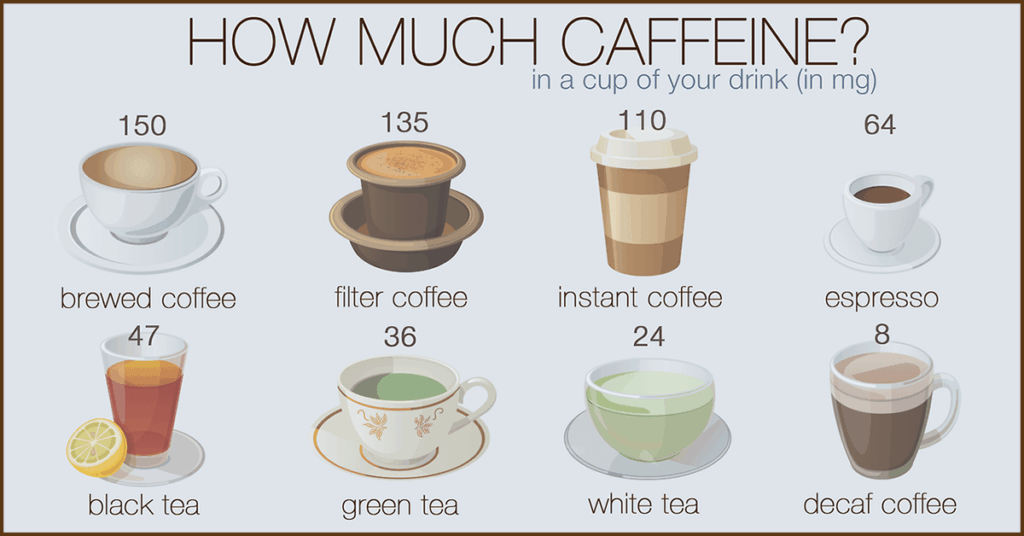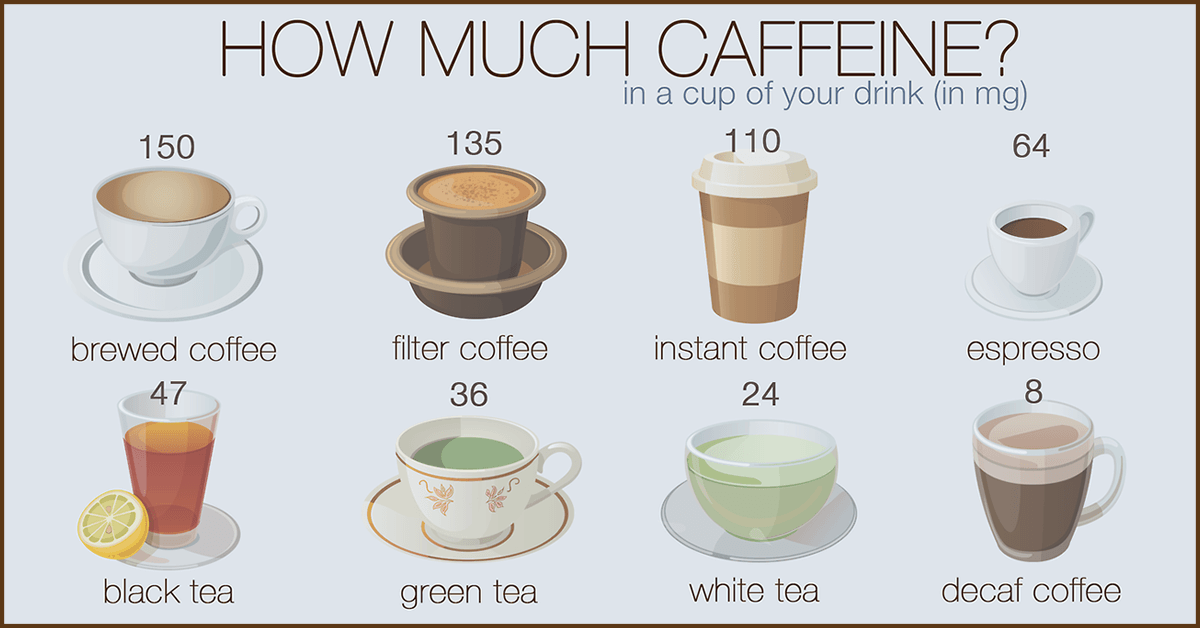
Does Iced Coffee Have Caffeine? Unpacking the Buzz Behind Your Brew
The sun is blazing, the air is thick, and the craving hits: a tall, icy glass of coffee. But before you take that first invigorating sip, a question often lingers: does iced coffee have caffeine? The answer, as with many things related to coffee, is nuanced. This article will delve into the caffeine content of iced coffee, exploring the factors that influence it, and providing you with the knowledge to make informed choices about your daily caffeine intake. We’ll examine different brewing methods, the types of coffee beans used, and how your favorite iced coffee might stack up in terms of its caffeine punch.
Understanding Caffeine and Its Effects
Caffeine is a natural stimulant found in coffee beans, tea leaves, and cacao beans. It works by blocking adenosine, a neurotransmitter that promotes relaxation and sleepiness, in the brain. This blockage leads to increased alertness, focus, and energy levels. The effects of caffeine can vary greatly from person to person, depending on factors such as individual sensitivity, body weight, and tolerance. Some people are highly sensitive to caffeine and may experience jitters, anxiety, or insomnia, while others can consume large amounts without feeling any significant effects.
The effects of caffeine typically peak within 30 to 60 minutes after consumption and can last for several hours. Moderate caffeine consumption is generally considered safe for healthy adults, with a recommended daily intake of up to 400 milligrams (mg), which is roughly equivalent to four cups of brewed coffee. However, it’s crucial to be mindful of your own body’s response and adjust your caffeine intake accordingly.
The Caffeine Content in Iced Coffee: A Closer Look
So, does iced coffee have caffeine? Yes, absolutely. The primary ingredient in iced coffee is, after all, coffee. The caffeine content in iced coffee, however, is not always straightforward. It depends on several factors, including the type of coffee used, the brewing method, and the serving size. Unlike some other beverages, there isn’t a standardized amount of caffeine in iced coffee across the board.
Brewing Methods and Their Impact
The method used to brew the coffee significantly influences its caffeine content. Here are some common methods and their impact on the final product:
- Cold Brew: Cold brew coffee is made by steeping coffee grounds in cold water for an extended period, typically 12-24 hours. This method results in a coffee concentrate that is often diluted with water or milk before serving. Surprisingly, cold brew often has a higher caffeine content compared to other methods, especially when using a concentrate. This is due to the long steeping time, which extracts more caffeine from the grounds. However, the final caffeine content can vary depending on the coffee-to-water ratio and the dilution.
- Hot Brewed Coffee (Chilled): This involves brewing coffee using a traditional method, such as drip brewing or a French press, and then chilling it. The caffeine content will be similar to that of hot coffee brewed using the same method.
- Iced Espresso: This is made by pouring espresso over ice. Espresso has a concentrated caffeine level per ounce, so iced espresso can pack a significant caffeine punch, especially if using multiple shots.
Types of Coffee Beans and Their Caffeine Levels
The type of coffee beans used also plays a role in the caffeine content. Arabica beans, which are the most common type of coffee bean, generally have less caffeine than Robusta beans. Robusta beans, on the other hand, have a higher caffeine content and a bolder, more bitter flavor. Therefore, iced coffee made with Robusta beans will typically have more caffeine than iced coffee made with Arabica beans. The roasting process can also affect caffeine levels, with darker roasts often having slightly less caffeine than lighter roasts due to the breakdown of caffeine during the roasting process.
Serving Size Matters
The size of your iced coffee drink is a significant factor in determining how much caffeine you’re consuming. A small iced coffee will naturally contain less caffeine than a large one. Always be mindful of the serving size when estimating your caffeine intake. When purchasing iced coffee from a coffee shop, be sure to ask about the caffeine content, especially if you are sensitive to caffeine or trying to monitor your intake.
Comparing Caffeine Levels: A Quick Guide
Here’s a general comparison of caffeine levels in various types of coffee, keeping in mind that these are estimates and can vary:
- Cold Brew (concentrate): 200-300 mg per 12 ounces (depending on the strength of the concentrate).
- Cold Brew (diluted): 100-200 mg per 12 ounces.
- Iced Coffee (hot brewed): 90-150 mg per 12 ounces (depending on the brewing method and coffee type).
- Iced Espresso (single shot): 60-75 mg.
These figures provide a general guideline, but always check with the coffee shop or manufacturer for the most accurate information, as the specifics can vary.
Factors Affecting Caffeine Sensitivity
Beyond the amount of caffeine in your iced coffee, consider the following factors which affect how your body processes caffeine:
- Individual Metabolism: Your genetics and metabolism play a significant role in how quickly your body processes caffeine.
- Body Weight: Caffeine’s effects can be more pronounced in individuals with lower body weights.
- Tolerance: Regular caffeine consumption can lead to tolerance, meaning you may need more caffeine to achieve the same effects.
- Medications: Some medications can interact with caffeine, altering its effects.
- Underlying Health Conditions: Certain health conditions, such as anxiety disorders or heart conditions, may make you more sensitive to caffeine.
Making Informed Choices About Your Iced Coffee
Now that we’ve answered the question, “does iced coffee have caffeine?” and explored the nuances, how can you make informed choices about your iced coffee consumption?
- Know Your Coffee Shop: Different coffee shops may use different brewing methods and coffee beans. Ask about their caffeine content or brewing process.
- Choose Your Brew Wisely: If you’re sensitive to caffeine, opt for iced coffee made with Arabica beans or consider a smaller serving size.
- Consider Decaf: Many coffee shops offer decaffeinated iced coffee as an alternative.
- Pay Attention to Additives: Sweeteners, syrups, and other additives can increase the calorie content of your iced coffee.
- Listen to Your Body: Pay attention to how caffeine affects you. If you experience jitters, anxiety, or insomnia, reduce your caffeine intake.
Beyond Caffeine: Other Considerations
While caffeine is a primary concern, consider other aspects of your iced coffee consumption.
- Sugar Content: Many iced coffee drinks are loaded with added sugar. Be mindful of this and choose options with less sugar, or ask for unsweetened versions.
- Milk and Cream: The type of milk or cream you choose can affect the calorie and fat content of your drink. Consider lower-fat options or plant-based alternatives.
- Hydration: Coffee is a diuretic, meaning it can increase urine production. Be sure to stay hydrated by drinking plenty of water, especially during hot weather.
The Bottom Line: Enjoying Your Iced Coffee Responsibly
So, does iced coffee have caffeine? Yes, it does, and the amount can vary significantly. By understanding the factors that influence caffeine content, you can make informed choices and enjoy your iced coffee responsibly. Whether you’re a daily iced coffee drinker or enjoy it as a treat, being aware of the caffeine levels and how they affect you can help you maintain a healthy and balanced lifestyle. Remember to always check with your local coffee shop for specific caffeine information and listen to your body. Enjoy your refreshing iced coffee!
In conclusion, the answer to “does iced coffee have caffeine” is a resounding yes, but the specifics are essential. From the brewing method to the bean type and serving size, many factors contribute to the final caffeine content. By being informed and mindful of your consumption, you can continue to enjoy this popular beverage while managing your caffeine intake effectively. Remember to prioritize your well-being and make choices that align with your individual needs and preferences.
[See also: The Health Benefits of Coffee, How to Make the Perfect Iced Coffee at Home, Coffee and Sleep: What You Need to Know]


